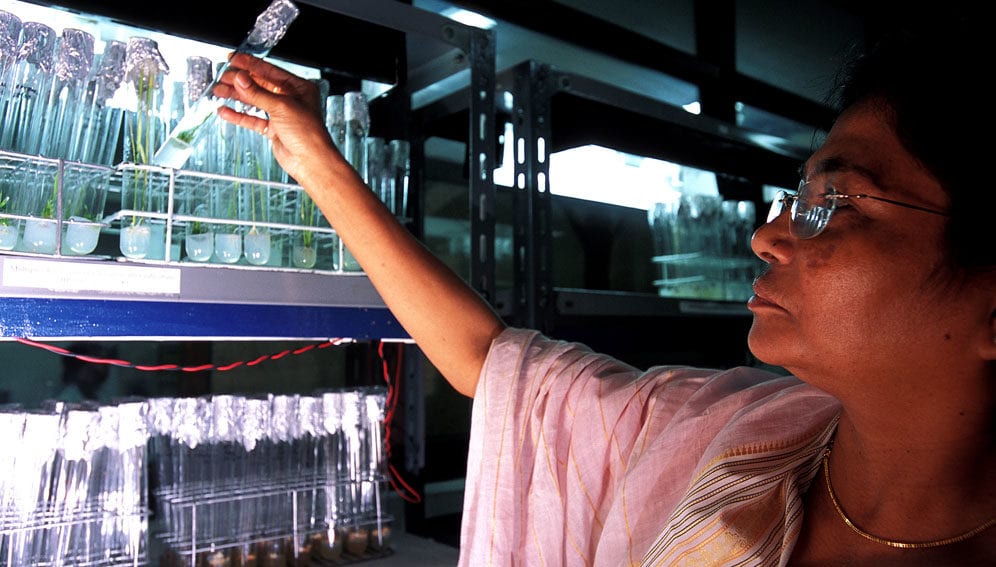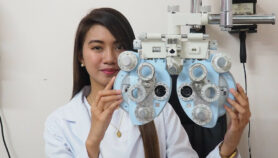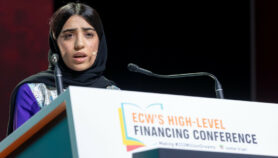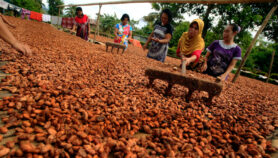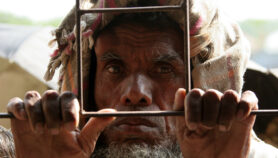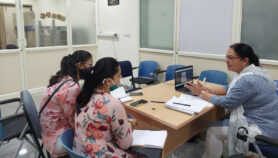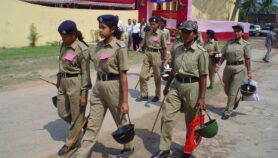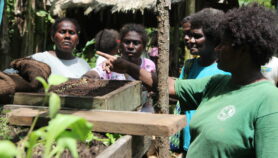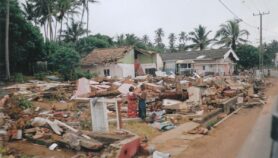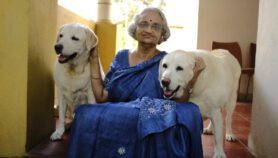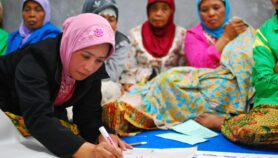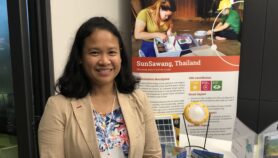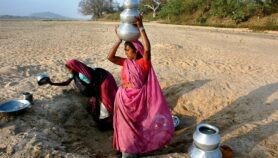By: Fatima Arkin
Send to a friend
The details you provide on this page will not be used to send unsolicited email, and will not be sold to a 3rd party. See privacy policy.
[MANILA] A new assessment report released last week (8 October) by the UN’s Intergovernmental Panel on Climate Change (IPCC) highlighted the importance of raising the capacity of least developed countries (LDCs) and small island developing states (SIDS) in climate management and the special role of women as a group vulnerable to the impacts of climate change.
However, women formed just roughly 30 per cent of the authors writing the report, with none of them from an LDC or SIDS. Underrepresentation of women has been a longstanding issue at the IPCC, the world’s premier scientific body on climate change.
“In today's world where large conferences are moving towards having dedicated feeding booths, on-site childcare facilities, I hope the IPCC moves with the times”
Chandni Singh
According to a February 2018 study published in the PNAS, the proportion of female IPCC authors increased from less than five per cent in 1990, when the first report was published, to slightly more than 20 per cent in the more recent assessment reports.
The study found that many of the over 100 female IPCC authors surveyed had a positive experience in the way they were treated and in the influence they had on the report. But some of them reported problems faced by their female colleagues.
For instance, 75 per cent perceived weak command of the English language as a barrier to participation, while almost 40 per cent saw gender as a challenge. Close to 30 per cent saw race as an obstacle. “The open-ended responses were numerous in identifying women from developing countries as marginalised,” noted the report.
Female authors disinclined to discuss their own challenges but were open to talk about what they perceived to be challenges to “other” female authors is consistent with what SciDev.Net found when it independently contacted women involved with the IPCC’s sixth assessment report — its latest comprehensive assessment slated to be published in 2022.
Chandni Singh, a climate change researcher from India and a lead author for the IPCC’s Working Group 2, says that she has not experienced overt discrimination in the IPCC but knows that it happens to female researchers.
“I have regularly heard stories of colleagues and juniors finding it difficult to navigate the terrain of appearing strong-willed and confident without appearing too bossy or pushy,” she says. “Several female colleagues, especially junior staff, have spoken of administrative tasks, such as note-taking, arranging meetings and handling logistics falling upon them rather than their male counterparts.”
Singh has seen women face barriers to their participation, such as insufficient childcare facilities at lead author meetings. “This meant that some female authors had to skip a meeting,” she notes. “In today's world where large conferences are moving towards having dedicated feeding booths, on-site childcare facilities, I hope the IPCC moves with the times.”
Singh’s observation is consistent with the PNAS study which found that a third of respondents pointed to childcare and family responsibilities as barriers to their full engagement with the IPCC. Childcare responsibilities were an obstacle, particularly for single parents or those with babies. Several confessed that this responsibility might have negatively impacted their performance at the IPCC, notes the report.
Acknowledging the barriers women face, the scientific body decided in March to establish a gender task group, now being co-chaired by Patricia Nying'uro from Kenya and Markku Rummukainen from Sweden. The group had its first teleconference in June and is mainly working electronically.
The group is expected to solicit submissions on relevant national and international gender policies and strategies from member and observer organisations of the IPCC as well as consult other relevant organisations, Kerstin Stendahl, deputy secretary of the IPCC in Switzerland, tells SciDev.Net.
Joy Pereira, a professor at the Southeast Asia Disaster Prevention Research Initiative-Universiti Kebangsaan Malaysia (SEADPRI-UKM) and a vice-chair of the IPCC’s Working Group 2, tells SciDev.Net that the scientific body should ask their hosts to ensure greater participation of women, particularly early career researchers. “Perhaps, the IPCC would also request governments to give priority to female scientists,” she adds.Singh from India suggests that the IPCC offer mentoring sessions between the veteran and new scientists to help develop a space for dialogue and troubleshooting. “I feel that this is true for both women and men, including men from developing countries who might not have been part of the IPCC before and can face discrimination or develop a sense of being an outsider,” she says.
The gender task group is expected to report back to the 49th session of the IPCC in May 2019.
This piece was produced by SciDev.Net’s Asia & Pacific desk.


